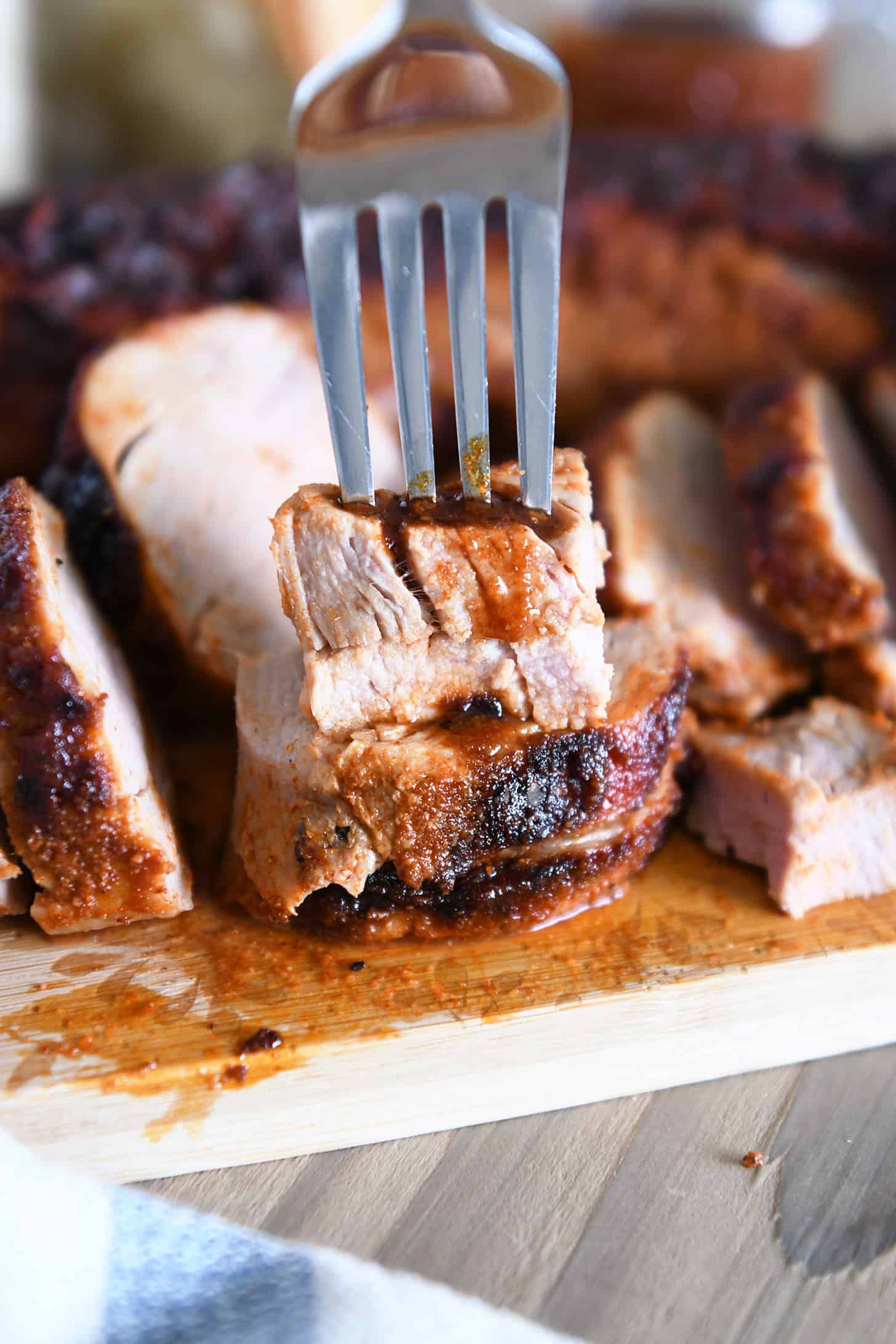Thomas Aquinas On Not Being a Sissy
In the 13th century, philosopher-theologian Thomas Aquinas wrote about a vice he called “effeminacy.” While the term can sound off-putting or old-fashioned, Aquinas wasn’t talking about mannerisms or gender. Rather, for Aquinas, effeminacy meant moral softness: failing to persevere in something good because you’d rather be comfortable and avoid pain. The name reflects the ancient […] This article was originally published on The Art of Manliness.


In the 13th century, philosopher-theologian Thomas Aquinas wrote about a vice he called “effeminacy.” While the term can sound off-putting or old-fashioned, Aquinas wasn’t talking about mannerisms or gender.
Rather, for Aquinas, effeminacy meant moral softness: failing to persevere in something good because you’d rather be comfortable and avoid pain. The name reflects the ancient association of softness with femininity, but Aquinas saw the vice as a failing in men and women alike — a black mark on the character of both.
Aquinas also believed there was a remedy to this moral softness: fortitude.
Fortitude, or courage, is the virtue that helps you endure adversity for the sake of the Good. It’s the backbone that allows you to do the right thing even when you really don’t feel like it.
Below, we’ll unpack what Aquinas meant by effeminacy, why it sabotages the Good Life, and four ways to strengthen your fortitude.
What Is Effeminacy, According to Aquinas?
In his Summa Theologica, Aquinas writes:
A man is said to be effeminate if he gives up a good on account of difficulties that he cannot endure, because he is too attached to pleasure or too averse to pain.
For Aquinas, effeminacy (mollities, Latin for “softness”) was a weakness in character; it was the inability to stick with virtuous pursuits and withstand challenging circumstances because of a lack of toughness and an inordinate need for comfort.
In short, effeminacy meant being a moral sissy.
Why Being a Sissy Is an Obstacle to the Good Life
According to Aquinas, effeminacy is an obstacle to virtue.
Aquinas was an Aristotelian. So by his reckoning, the Good Life is a life of virtue: ordered, purposeful, and directed toward the highest values.
But sometimes, living virtuously is hard.
It often requires sacrifice, discipline, and the ability to endure discomfort. Sometimes, doing the virtuous thing means going against your personal interests and desires.
Effeminacy folds when the going gets tough.
You don’t need to be a medieval monk or an Athenian philosopher to recognize this in your own life. Just consider the moments you’ve:
- Avoided a conversation with a friend or family member because it would be awkward.
- Skipped a workout because you just weren’t “feeling it.”
- Used alcohol to numb the pain of a bad day at work.
- Snapped at your kids because you were in a bad mood instead of controlling your emotions.
- Didn’t speak up at work about unethical behavior going on because you were afraid of what it would do for your promotion prospects.
- Quit a new, edifying hobby because you were frustrated with how slow your progress was.
- Spent frivolously instead of sticking to your budget.
The Opposite of Effeminacy: Fortitude
The flip side of moral sissyness is fortitude: the ability to stand firm in difficulties. In his Summa Theologica, Aquinas explains that fortitude is all about holding fast to what’s good and right, even when danger is breathing down your neck or discomfort is tempting you to quit. Fortitude is the mental and spiritual spine that keeps you from giving up at the first inkling of hardship or fear.
For Aquinas, the ability to endure discomfort while holding on to the Good is a key feature of fortitude.
Sure, you can make the hard choice towards virtue once, but can you do it again and again, day in and day out for weeks, months, or years, when it would just be easier to give up?
Another important element of Thomist fortitude is that it isn’t reckless. It’s about doing the hard and maybe dangerous thing — guided by reason. Like the good Aristotelian that he is, Aquinas sees fortitude as the golden mean between cowardice and rashness.
4 Ways to Strengthen Your Thomist Fortitude and Quit Being a Sissy
1. Get Your Loves in Order
Effeminacy happens when you love comfort more than you love a greater good. It springs from disordered loves: giving your heart too much to things which are not worthy of it, and too little to that which is.
If you say you love strength, but you can’t get up in the morning to lift weights, then you really love your bed more than you love strength.
Aquinas believed contemplating the goodness of the Good was one way to gain greater love for the things which deserved it. Another was to choose to associate with those who modeled the Good, thereby internalizing their example. But he primarily thought of love as an act of the will rather than a feeling — that the more you deliberately practiced the virtues, the more your desires would align themselves correctly.
Each time you choose courageously (enduring discomfort, pain, or fear for what’s truly important), you’re strengthening your attachment to higher goods and loosening your attachment to lesser comforts. Fortitude is found in the exercise of it.
As you exercise fortitude and your loves become rightly ordered, the attraction of higher goods grows stronger, and the pull of lesser goods diminishes. When you genuinely prefer virtue to fleeting comforts, choosing rightly becomes more habitual and natural, requiring less effort or strain each time.
Fortitude never becomes unnecessary — it will always act as the guardian of the Good. But when your loves are rightly ordered, courage becomes more intuitive.
2. Perform a Weekly Fortitude Self-Examen
We’ve talked about self-examens as a powerful spiritual discipline to improve yourself. Here’s an Aquinas-inspired fortitude/effeminacy examen you can use each week:
- Where did I choose ease over something important?
- Where did I quit too soon on a worthy goal?
- When did I embrace difficulty and do the right thing despite discomfort?
This honest inventory sheds light on patterns of softness and where you can improve, and it shows you where you’re growing in fortitude.
3. Seek Out Small Hardships
If ordering your loves by choosing virtue over comfort is the primary way to exercise your fortitude, performing difficult tasks of any kind can be considered “accessory work” for further strengthening your courage.
Incorporating small acts of intentional hardship into your life can help develop your resolve:
- Fast from a meal or a favorite indulgence.
- Wake up earlier instead of snoozing.
- Take a cold shower.
- Speak up in a situation at work where you’d usually stay silent.
For more on challenging yourself, check out these AoM resources:
- You May Be Strong . . . But Are You Tough?
- Podcast #640: Weird and Wonderful Ways to Get Comfortable Being Uncomfortable
- Podcast #708: Overcome the Comfort Crisis
- Podcast #941: How to Avoid Death by Comfort
4. Persevere in the Boring and Mundane
Fortitude isn’t just about facing dramatic challenges. Remember, for Aquinas, a key feature of fortitude is the ability to endure in the Good even when it’s hard. Practice perseverance in small virtuous habits even when motivation flags to help you build up endurance for the big important challenges in life:
- Keep working out even when you stop feeling like it.
- Keep praying/meditating, even when it’s dry or dull.
- Keep budgeting, even when an impulse buy tempts you.
- Keep volunteering or helping a friend in need, even when results are slow.
Little daily acts of endurance like the above can help you to build up your fortitude muscles while burning off your moral flab.
Conclusion
Effeminacy, in Aquinas’s sense, is letting comfort call the shots, causing you to abandon good things at the first sign of difficulty.
Its antidote is the virtue of fortitude: holding steady in adversity to pursue what’s right and worthwhile.
Start small. Choose discomfort over ease in just one instance today.
Then do it again tomorrow.
And the next day.
Stack those hard choices on top of each other, brick by brick, and you’ll build the kind of man Aquinas thought worth emulating: resilient, disciplined, and decidedly un‑soft.
That’s how you build fortitude . . . and quit being a sissy.
This article was originally published on The Art of Manliness.








































































